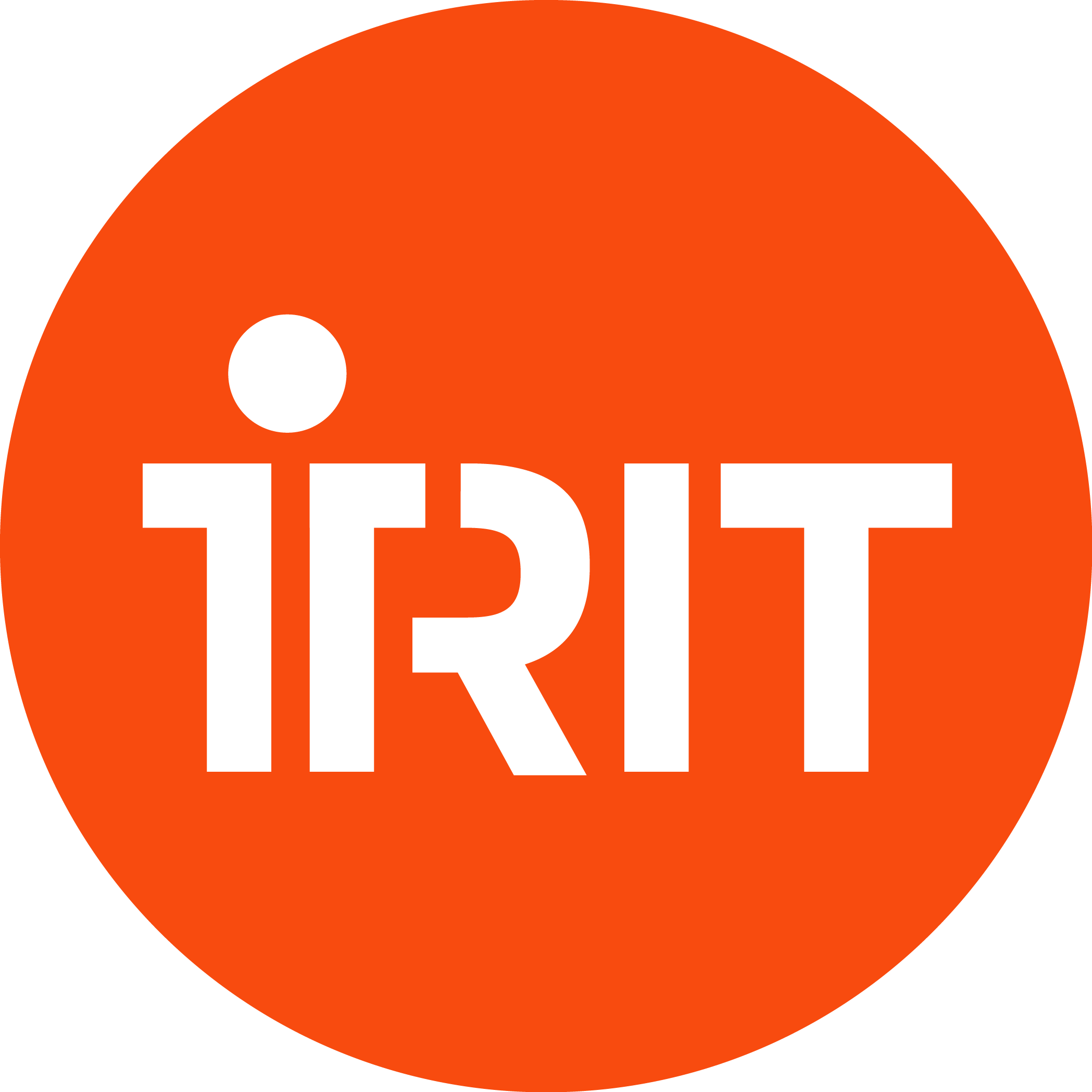MSrGB: Metabolic Shift in radioresistance of GlioBlastoma
Study of the involvement of metabolic shift in the radioresistance of glioblastoma stem cells: validation on blood samples and metabolic imaging of patients treated for glioblastoma in primary diagnosis
Radiotherapy is one of the main pillars of the therapeutic arsenal in the treatment of glioblastoma, a primary brain tumour of high malignancy grade. Despite treatment combining surgery and radio-chemotherapy, these tumours will almost systematically recur. This aggressiveness is partly due to the capacity of adaptation under treatment and in particular after radiotherapy of a contingent of tumour cells, called stem cells, which have a significant plasticity under treatment leading to therapeutic escape and resistance.
Work by the INSERM RADOPT team at the CRCT has demonstrated different types of plasticity induced by radiotherapy and has also shown in very recent work from the STEMRI clinical trial led by Prof. Elizabeth Moyal, the enrichment of tumour stem cells in metabolically active zones defined by MRI spectroscopy, a zone that the radiotherapy department of the IUCT-Oncopole has also shown to be predictive of the site of relapse after radiotherapy. Preliminary results from the RADOPT team show that these stem cells would adapt via a metabolic shift allowing them to resist radiotherapy.
The programme which has just been approved by the ARC foundation aims to study this metabolic shift on different glioblastoma stem cells as well as the actors of this shift and to validate the implication of these modifications of the metabolites in patients treated at the IUCT-Oncopole for glioblastoma. This study of metabolites will be carried out on blood samples already collected as part of a trial as well as on MRI spectroscopy data from the longitudinal follow-up of these patients already treated at the IUCT-Oncopole. The metabolome analysis of the blood samples will be carried out with the team of Dr Laurent Debrauwer, head of the INRAE Metabolomics platform in Toulouse. The longitudinal analysis of new metabolites and their changes on MRI spectroscopy will be carried out by Dr. Lotfi Chaari from the team of Prof. Jean-Yves Tourneret at IRIT-ENSEEIHT in close collaboration with Dr. Soleakhena Ken from the RADOPT team.
This validation of the involvement of metabolic change in adaptation and resistance to radiotherapy will be carried out by Deep Learning analysis by the IRIT team (Dr Lotfi Chaari) on the one hand and by the Biosatistics and Health data science unit of the IUCT-Oncopole on the other (Dr Thomas Filleron). Using biological and MRI data, it will study their ability to predict early tumour adaptation leading to relapse.
This 36-month programme, which has just been approved by the ARC Foundation, will make it possible to highlight and validate new mechanisms of radioresistance in glioblastoma. These mechanisms can then be targeted by new drugs in association with radiotherapy to overcome this tumour adaptation and improve the therapeutic response of these aggressive tumours.
ARC labelled programme for the RADOPT team (Pr Elizabeth Moyal)
Main actors :
- Equipe RADOPT :
- Dr Anthony Lemarie, et Tom Maillet (étudiant en Thèse) ;
- Dr Soleakhena Ken ;
- Pr Elizabeth Moyal
- IUCT-Oncopole :
- Pr Moyal ;
- Dr Soleakhena Ken;
- Dr Filleron
- IRIT-ENSEEIHT :
- Dr Lotfi Chaari;
- Pr Jean-Yves Tourneret
- INRAE Toulouse :
- Dr Debrauwer
Start date of the project : 2022
End date of the project 2025

Toulouse Cancer Research Center (Oncopole)
Toulouse – FR
Contact us
+33 5 82 74 15 75
Want to join
the CRCT team ?






